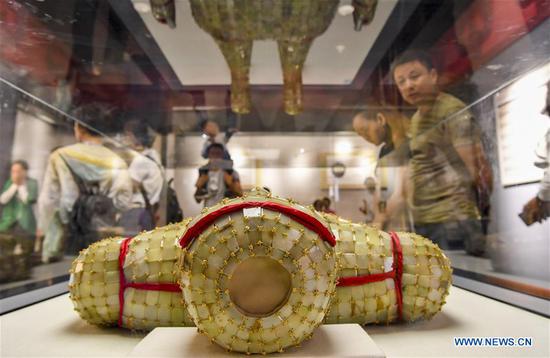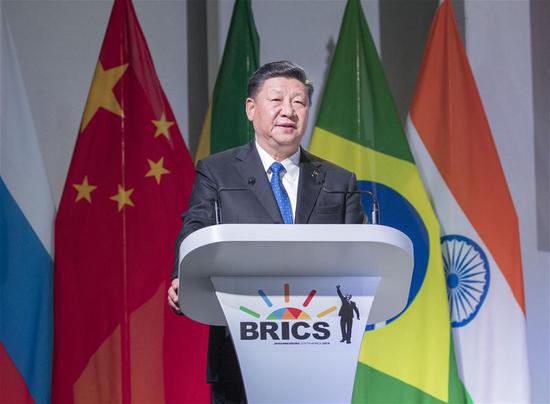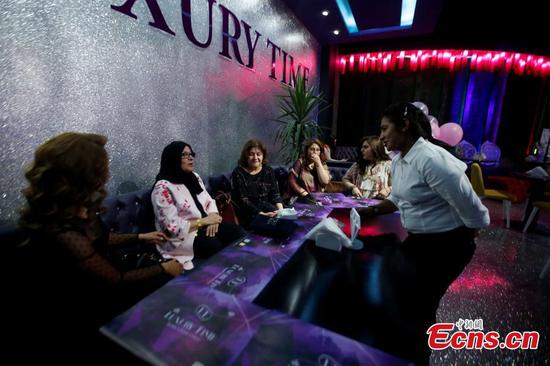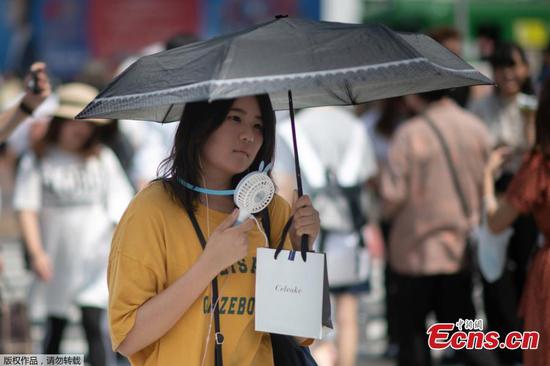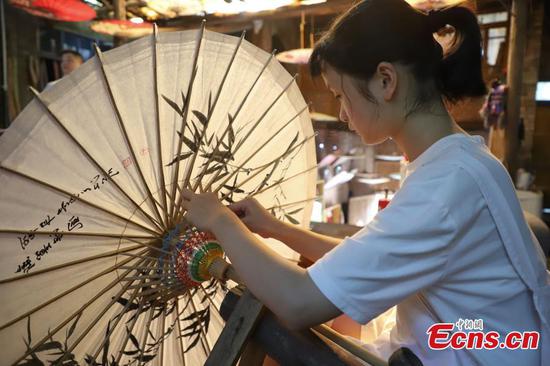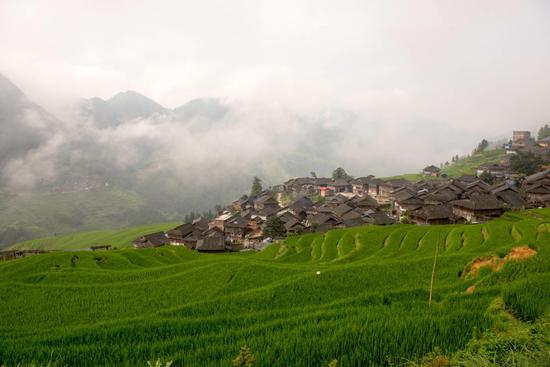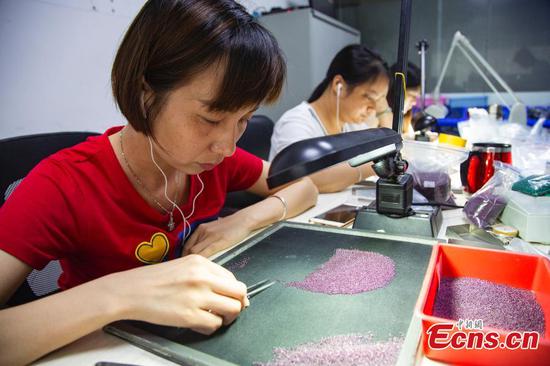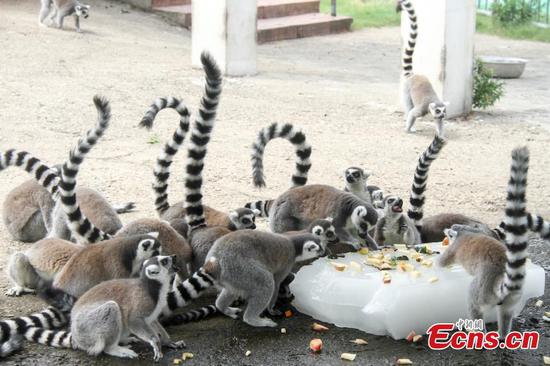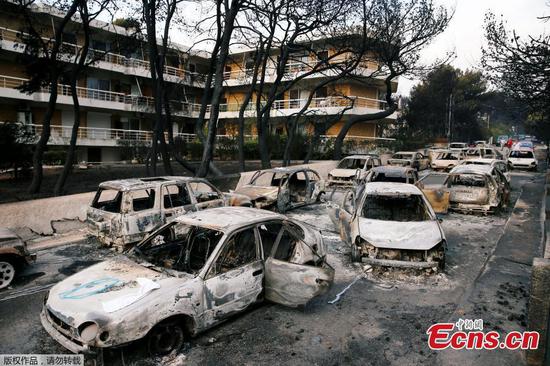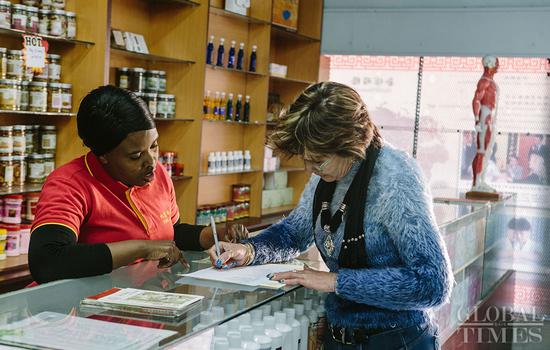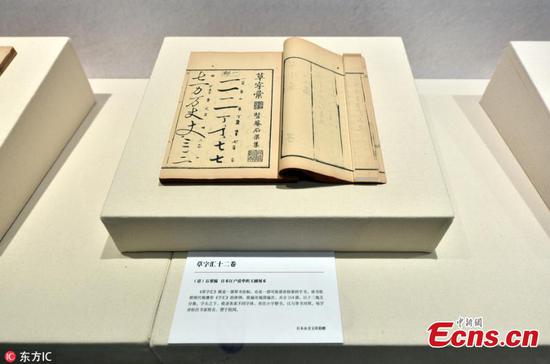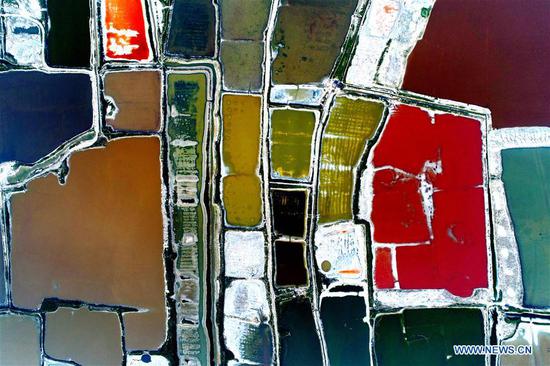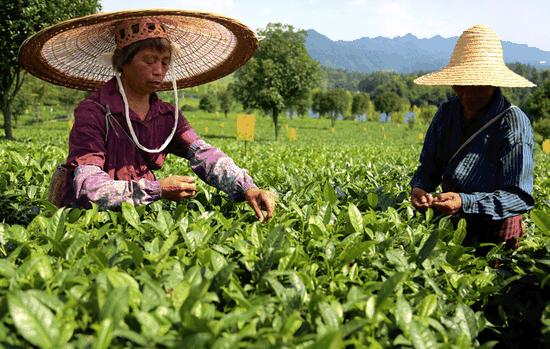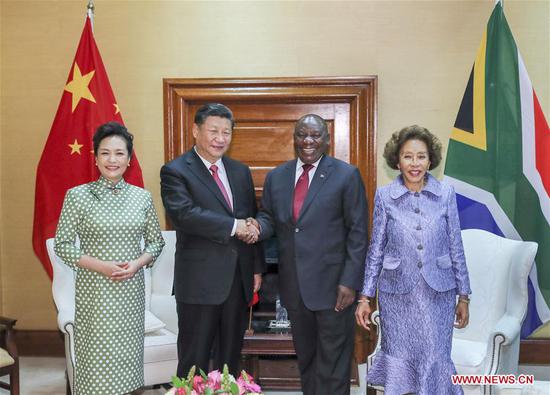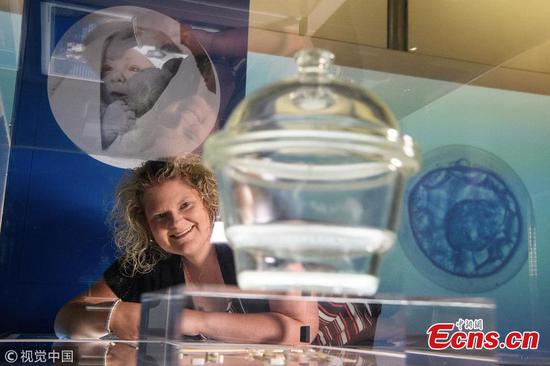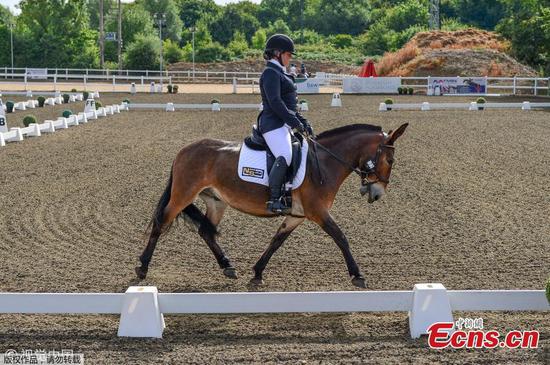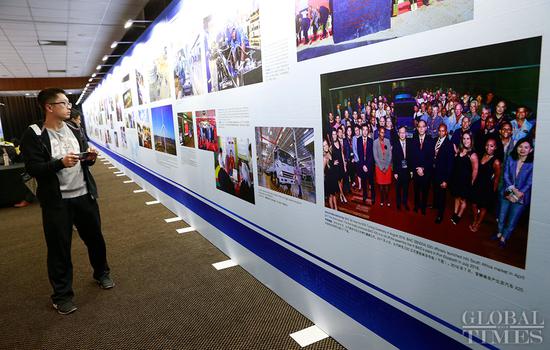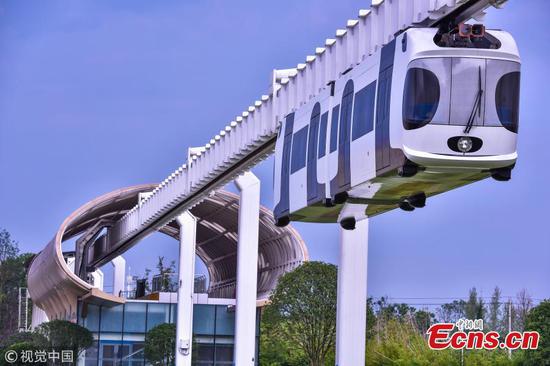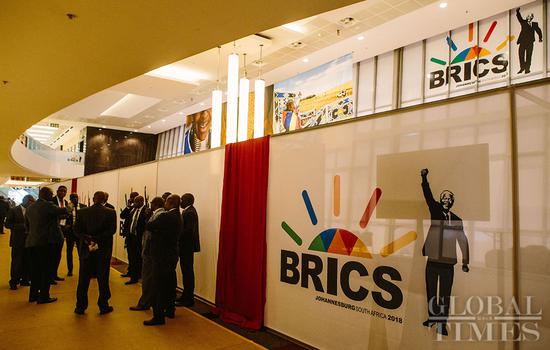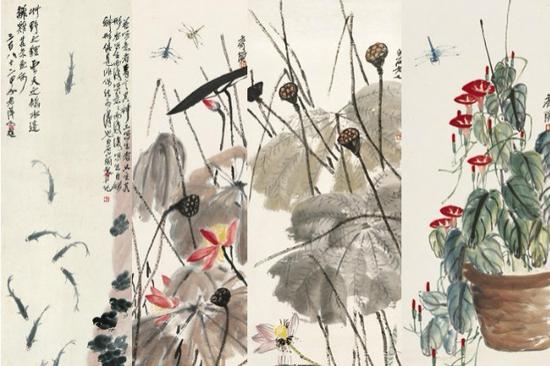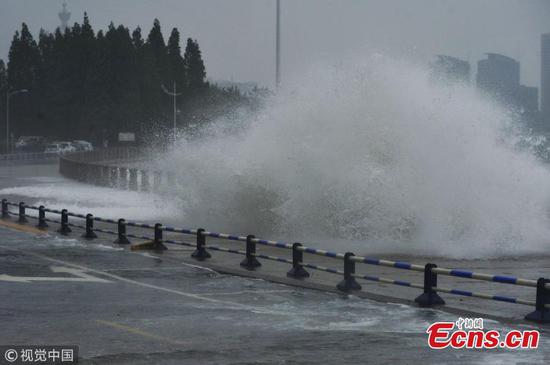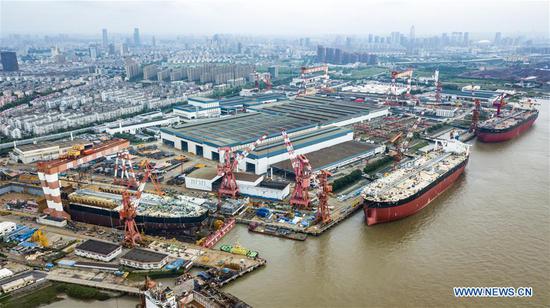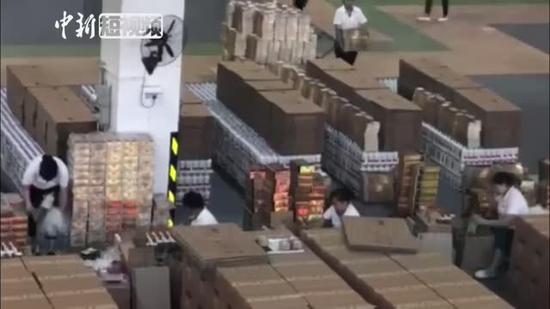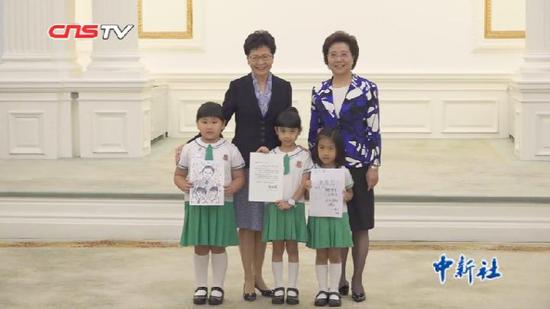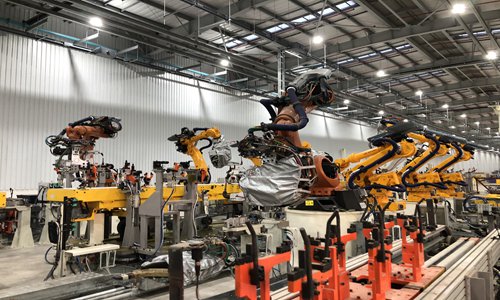
A view of Beijing Automotive Industry Corp's production line at its South African plant (Photo/Courtesy of BAIC)
Enterprises find wide scope for partnership, market growth
Witnessing and benefiting from strengthened China-South African economic and trade relations, Chinese entrepreneurs are betting on the huge potential of the South African market, a bridgehead connecting to the China-proposed Belt and Road(B&R) initiative and an attractive investment destination.
Li Youbo, general manager of Hisense South Africa, told the Global Times on Wednesday that the South Africa market has broad prospects and large growth potential with high-level consumption and strong demand.
Consumer electronics maker Hisense, based in Qingdao, East China's Shandong Province, entered the South African market in 1996, and it has become the top home appliance brand in the market by sales volume.
"During more than 20 years' development, local people's image of Chinese goods has thoroughly changed, which were once labeled 'low quality and low price,' realizing the transformation from 'China speed' to 'China quality,' and from Chinese goods to Chinese brands," Li said.
The South Africans are supportive of their own manufacturing, which they call "proudly South Africa," so Hisense chose to build plants in the country. That approach helped local employment and supported after-sales service, Li explained.
Prior to Hisense's entry, he said, most international brands only traded with the market instead of putting down roots there.
He also stressed the significance of satisfying local consumer requirements. For example, the company designed a black "mirror" refrigerator after finding that South African women would like to look into mirror while cooking.
"South Africa has a good foundation in terms of manufacturing and financial services as well as abundant natural resources, where the two countries can further explore cooperation opportunities within the B&R and BRICS framework," said Chen Fengying, a research fellow at the China Institute of Contemporary International Relations in Beijing.
Opportunities in such sectors as telecommunications and the digital economy are also emerging, Chen told the Global Times Wednesday.
Chinese automaker Beijing Automotive Industry Corp (BAIC) on Tuesday rolled the first car off the production line at its South African plant, a joint venture between BAIC and South Africa's state-owned Industrial Development Corp (IDC), with planned investment of $800 million and forecast annual capacity of 50,000 cars, according to a press release BAIC sent to the Global Times.
South Africa has a mature auto manufacturing base and its vehicle output, about 700,000 per year, tops the African market, a BAIC spokesperson told the Global Times.
"As the strongest engine to drive the industrialization process and realize social prosperity, the auto manufacturing industry can be the arena where China and South Africa can give full play to their comparative advantages and realize complementarities," the spokesperson said.
Xu Heyi, chairman of BAIC, was quoted as saying the so-called trade dispute between China and the U.S. "actually does not impact BAIC. We do not have [many] dealings with U.S. enterprises. We have a rich tradition of working with South Korean and European companies," when asked to comment on the ongoing China-U.S. friction by local news outlet Fin24.
"We don't really see the U.S. as our export market," he said, adding that there need be no worry about the trade row affecting the company's collaboration with IDC in South Africa.
"As long as strategic mutual trust remains between South Africa and China, this BAIC project can be like a golden business card for cooperation between the two countries in a new era," he added.
China has been South Africa's largest trading partner for nine straight years, and South Africa is also China's largest trading partner in Africa. Bilateral trade was more than $39 billion in 2017, a more than 20-fold increase from the level at the beginning of diplomatic relations in 1998, Xinhua reported.









